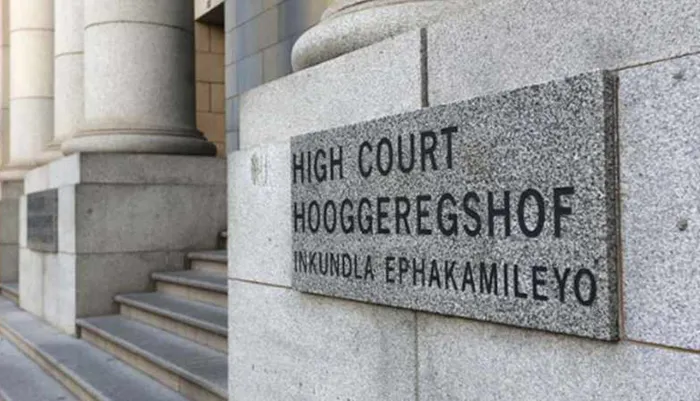Give Bromwell Street families emergency housing, City told

The Western Cape High Court previously ruled against the residents’ displacement to Wolweriver, and declared the City’s emergency housing programme unconstitutional.
Cape Town - The City of Cape Town once again has to provide Bromwell Street residents in Salt River with temporary emergency accommodation in a location as near as possible to where they now live – not Wolweriver, some 31km away from the CBD.
The order was issued by the Supreme Court of Appeal (SCA) on Monday, where the City’s appeal was upheld against a Western Cape High Court judgment in respect of the constitutional duty of a municipality to provide temporary emergency housing.
The matter has its genesis in 2014, when the Woodstock Hub gave notice to residents to vacate the premises it had bought from brothers Reza and Erefaan Syms, situated at erf 10626, Bromwell Street, Salt River.
The residents had rented units at the property from the Syms brothers.
The high court previously ruled against the residents’ displacement to Wolweriver, and declared the City’s emergency housing programme unconstitutional regarding the emergency housing needs of people being evicted from the well-located inner-city, Woodstock and Salt River areas.
The SCA found that the high court’s order put the City in an “invidious position”, by making an order without knowing, or being in a position to know, if land would be found specifically in the inner city and surrounds. The appeal court upheld the City’s appeal in respect of the constitutionality of its housing policies.
It also ordered the City to provide accommodation on or before May 30, while the residents are to vacate the Bromwell Street property by June 30.
Judge Nolwazi Mabindla-Boqwana, said in her judgment: “Access to adequate housing remains one of the major challenges in South Africa.
“It is no secret that our major urban areas face a desperate shortage of adequate housing, exacerbated by increasing urbanisation.
“Along with that, historical patterns of settlement continue to persist.
“The disparities between ethnic communities are particularly pronounced in Cape Town, due to highly skewed historical spatial planning policies, which were based on racial discrimination and preference.
“Woodstock and Salt River, situated in the inner city of Cape Town, are two adjacent areas where a number of Coloured households were able to resist displacement.
“However, the gentrification and commercialisation of Cape Town city centre has been highlighted as one of the threats to the communities still residing in these areas,” said Judge Mabindla-Boqwana.
In their appeal, the City argued that the high court erred in not taking into account its entire housing programme and treating the emergency housing programme in isolation.
It argued that it had an Integrated Human Settlements Framework (IHSF), which was aligned to legislation and policies, including the Housing Act and the Housing Code.
Constitutional rights NPO, Ndifuna Ukwazi, declined comment by deadline on Monday as they had to consult with their clients on the outcome after judgment was handed down.
The City said it will now determine the number of occupants remaining at Bromwell Street, including their socio-economic conditions, before further engagements on alternative emergency accommodation.
“The SCA pointed out that the High Court ‘went on to make the very order that it found it could not grant”, given the Constitutional Court precedent that “the Constitution does not guarantee a person a right to housing at government expense at the locality of his or her choice”, and confirmed this would be an “impossible burden” on the State.
“The SCA further dismissed the High court’s costs order against the City, replacing this with no order as to costs.”
Cape Times